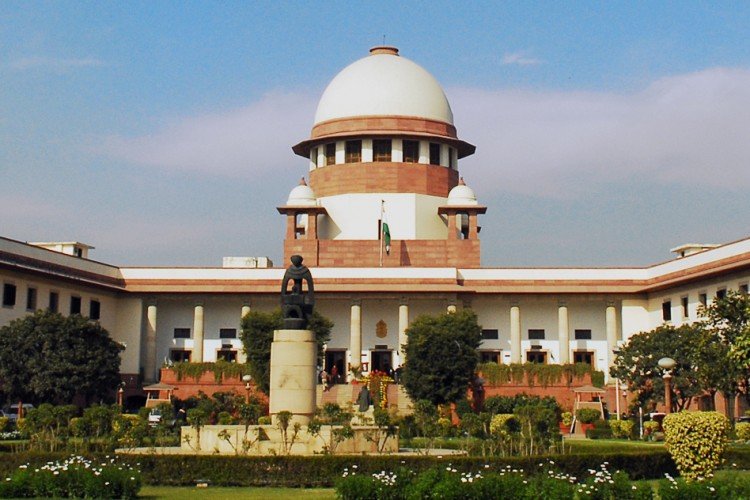Today, the Government of India held that “citizens do not have a right to privacy under the Constitution”.
The Supreme Court was hearing a petition filed against the Aadhar card scheme on the grounds that the scheme violated citizens’ right to privacy. In retaliation, the Government said that the Constitution does not provide citizens the right to privacy in the first place. The Attorney General, Mukul Rohatgi, told the Court that the laws on privacy are very primitive in India. He cited a case from the 1950s where the Court had ruled that right to privacy is not a fundamental right.
The Logical Indian community is appalled that the Government would treat something as important as the privacy of citizens in such a light-hearted manner. Is the Indian Constitution vague on the issue of privacy? Yes. Does that mean the privacy of individuals is up for grabs? No.
The fact that the right to privacy is not yet a Fundamental Right guaranteed by the Constitution should not be a talking point for the Government – it should be a wake-up call. Just because India currently has no dedicated privacy protection laws doesn’t mean that it should remain this way.
The Constitution states in Article 21 that “No person shall be deprived of his life or personal liberty except according to procedure established by law”. This is a weak, ambiguous assurance of security, but we can all agree that privacy and personal liberty go hand-in-hand.
Article 12 of the Universal Declaration of Human Rights – of which India is one of the signatories – explicitly states that “No one shall be subjected to arbitrary interference with his privacy, family, home or correspondence, nor to attacks upon his honor and reputation. Everyone has the right to the protection of the law against such interference or attacks.”
Furthermore, we should learn from other nations which have already enacted privacy laws to safeguard their citizens.
• France began ensuring data security from 1978.
• Canada passed the historic Personal Information Protection & Electronic Documents Act in 2000.
• Mexico has serious punishments for privacy violators.
• New Zealand has a Privacy Commissioner,
In the age of the Internet traditional definitions of privacy are dead. Data security is the need of the hour. Not mandating privacy for citizens is regressive and dangerous. Every Indian deserves the right to keep to himself his thoughts, ideas, expressions, and identity – both online and offline.











